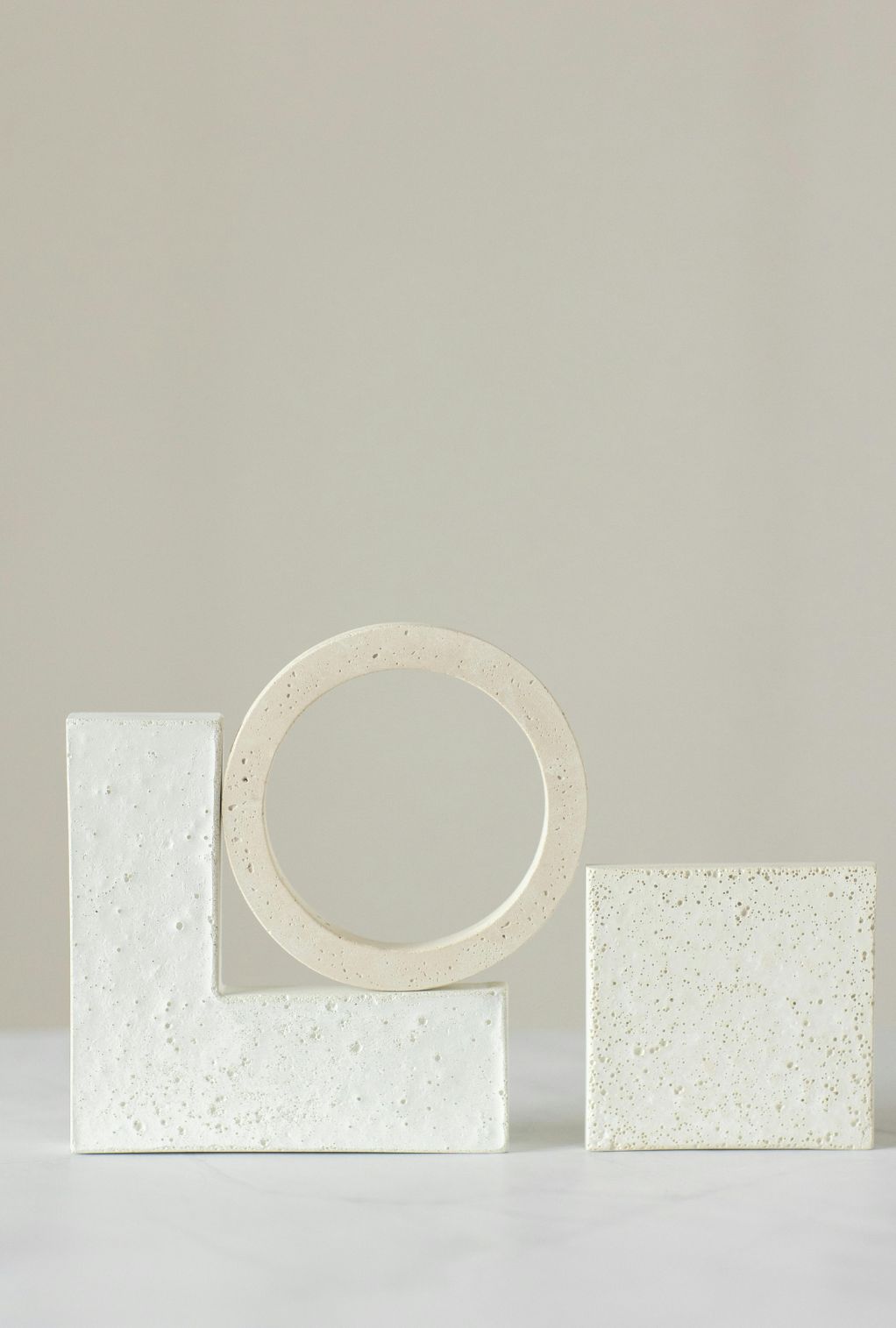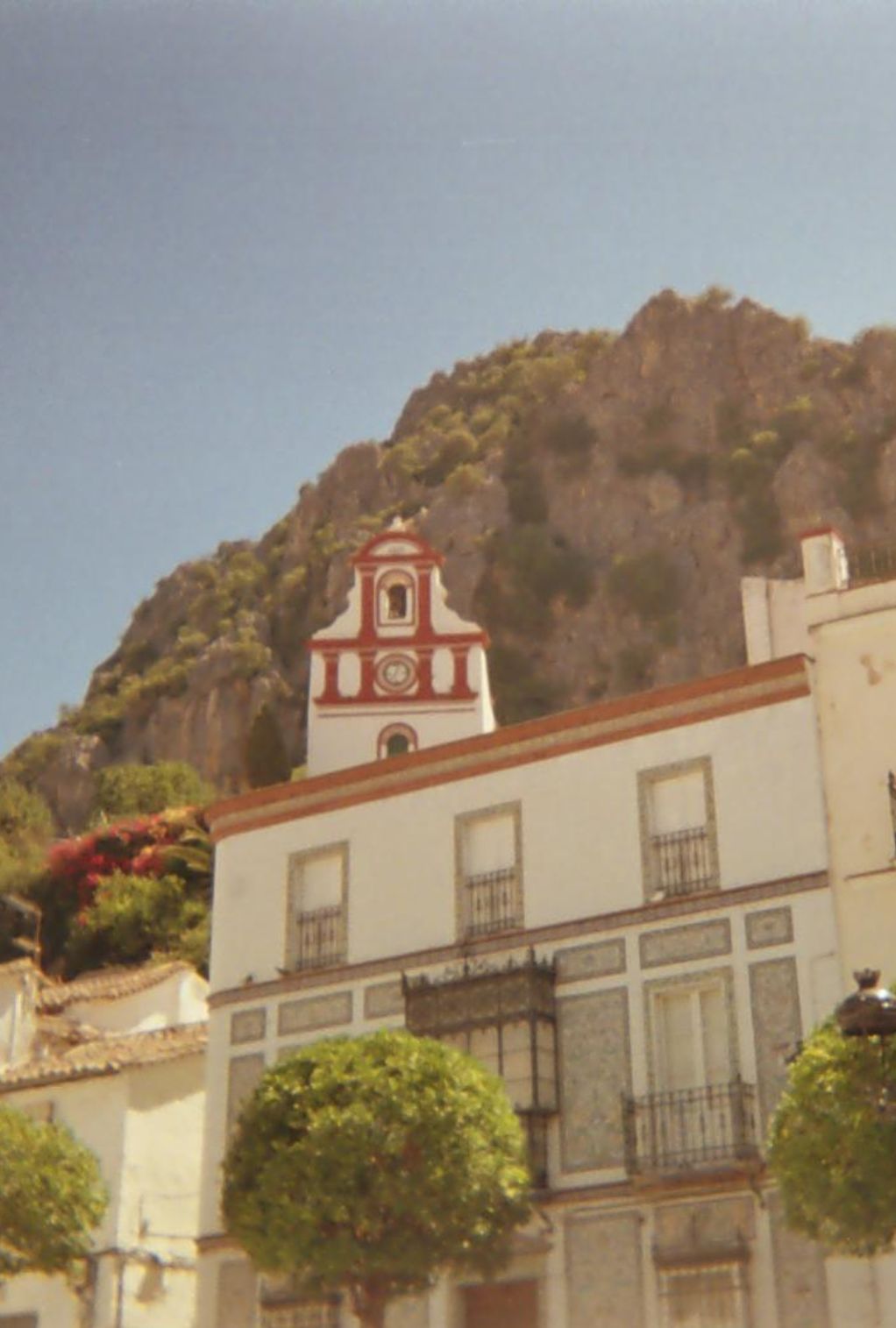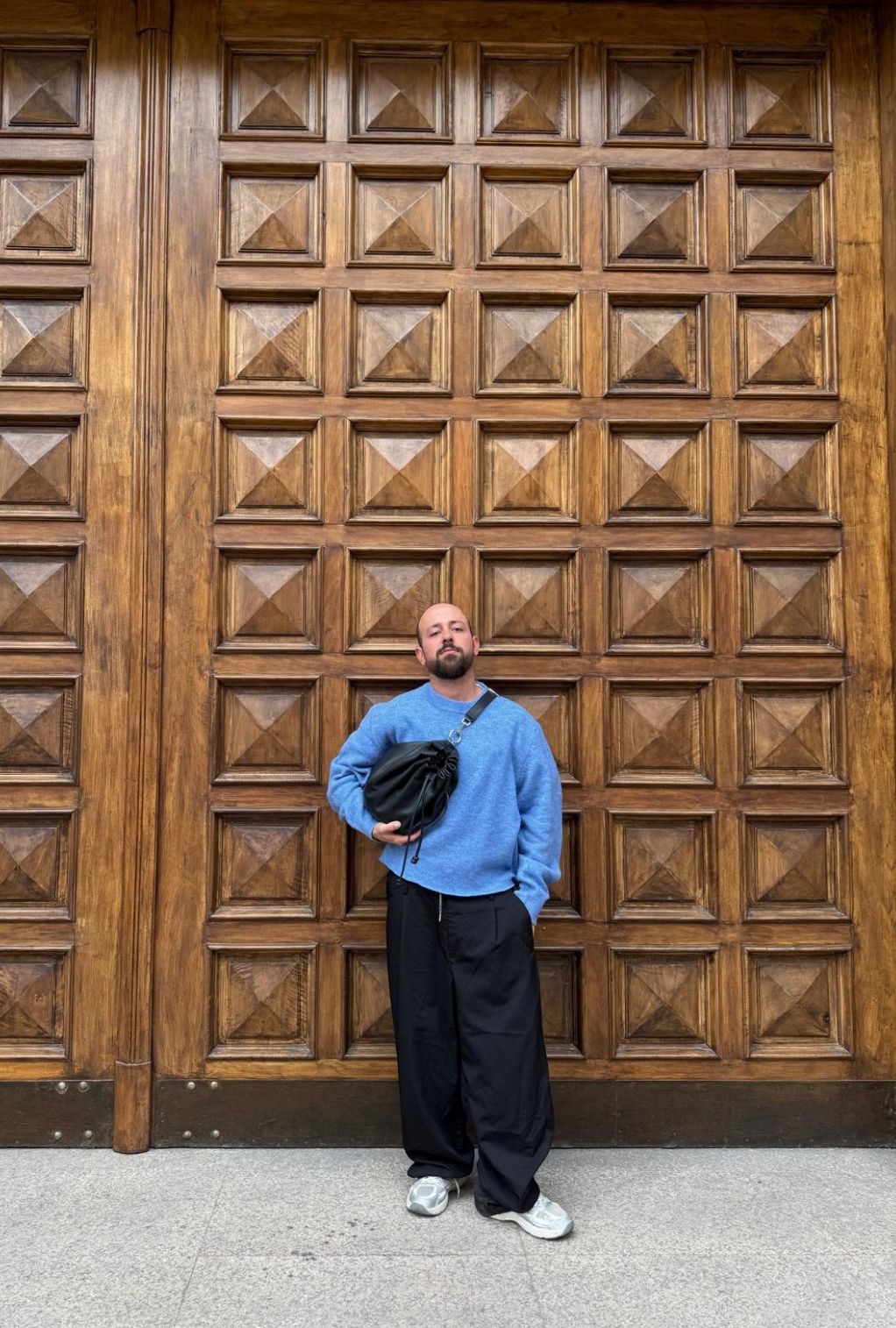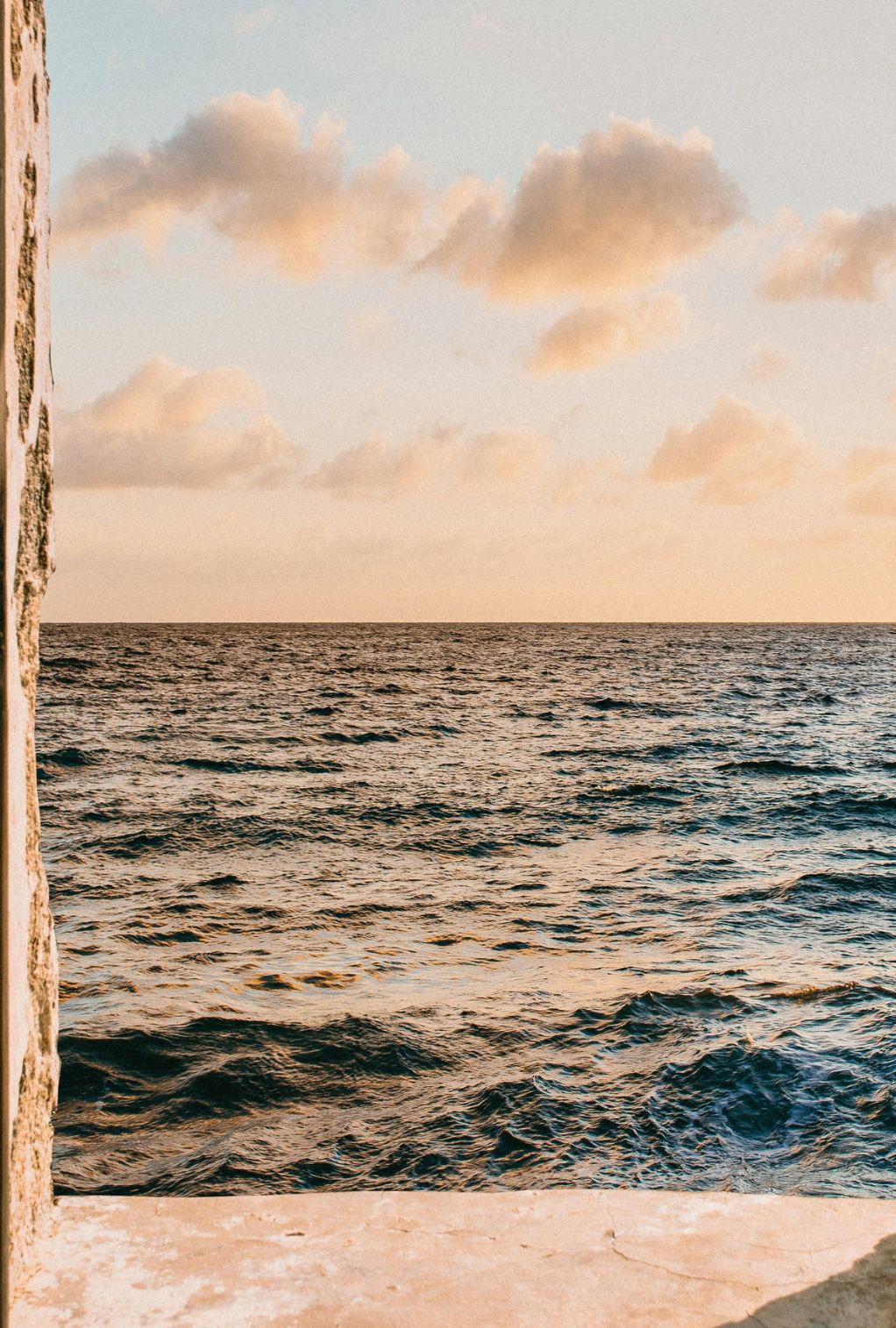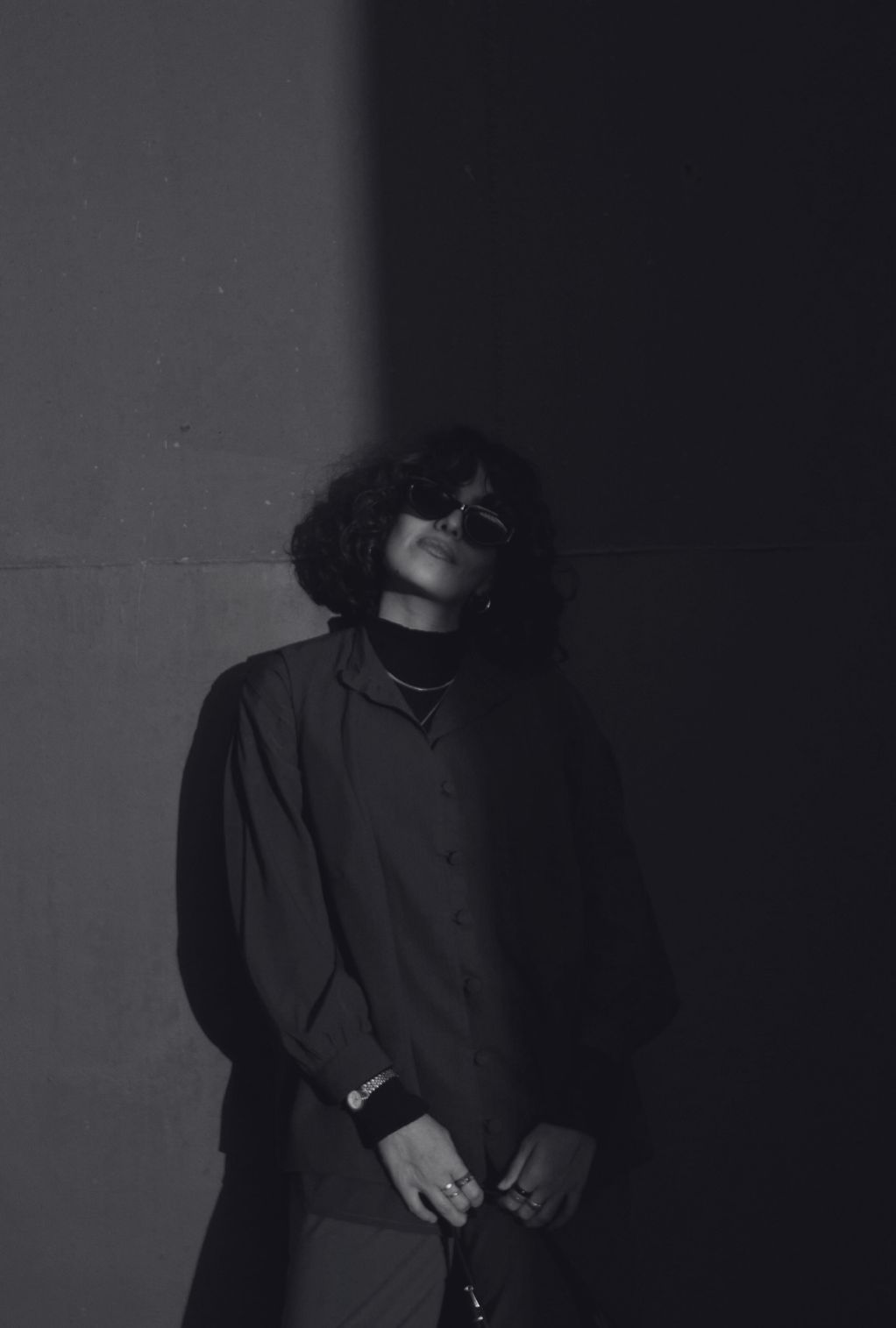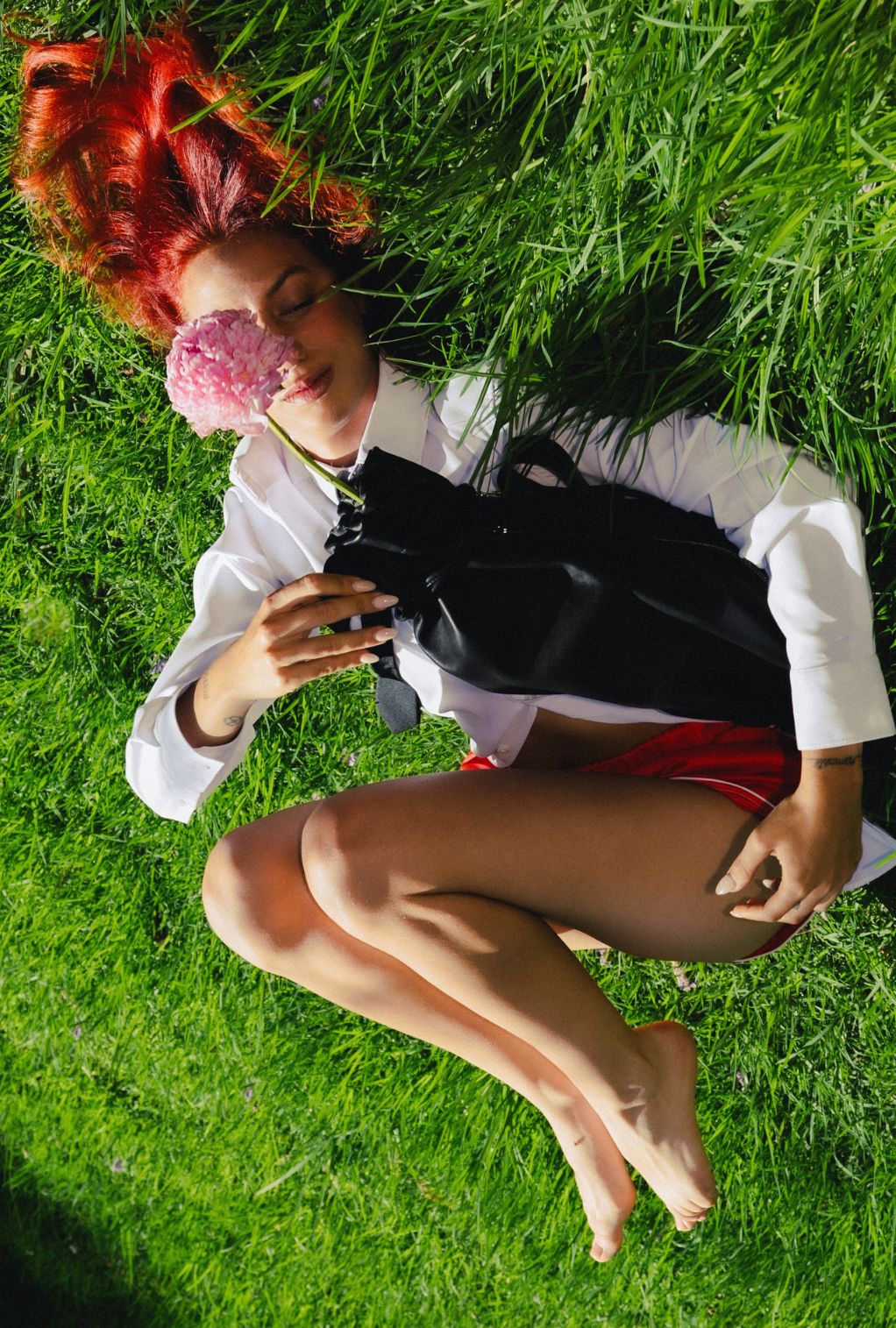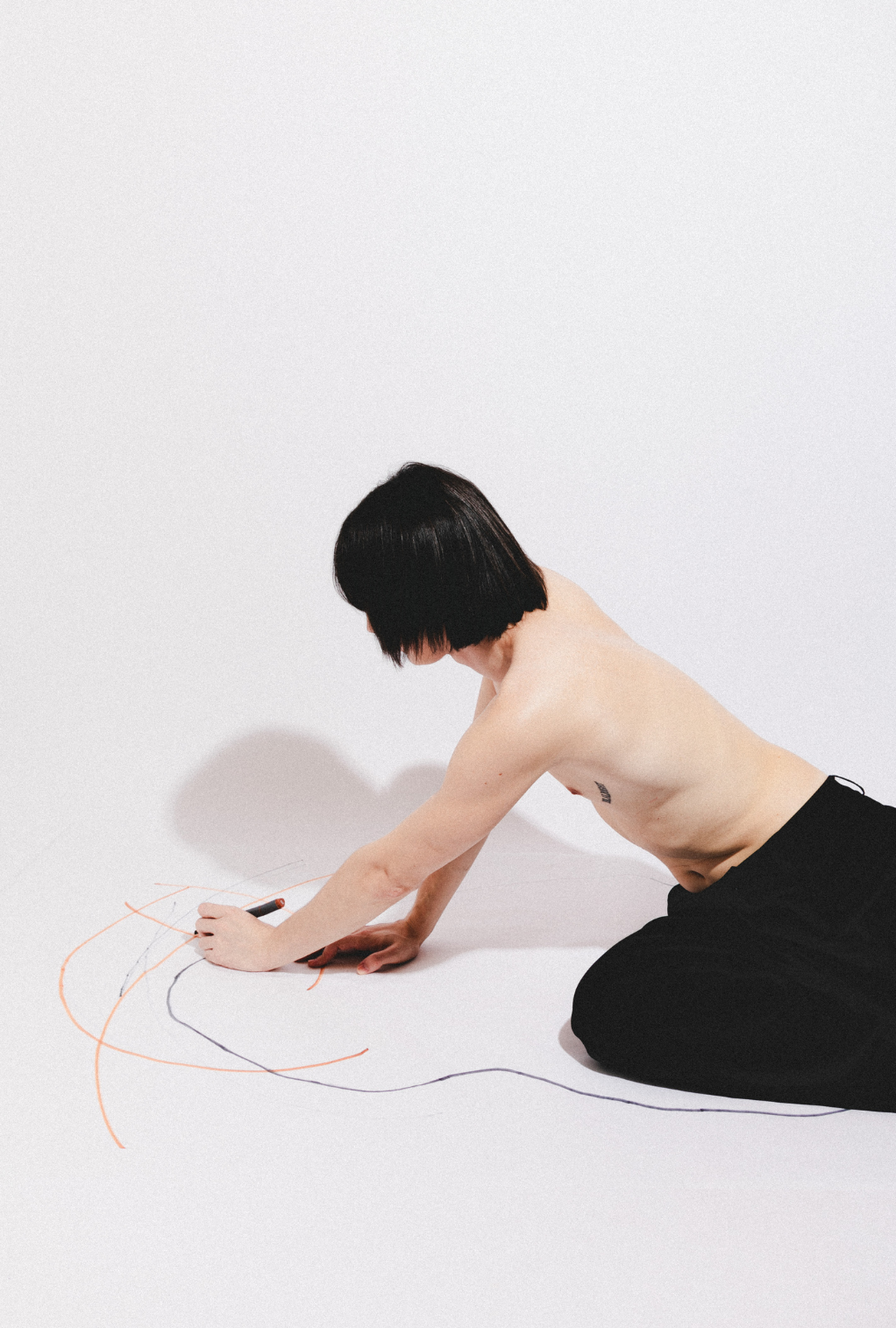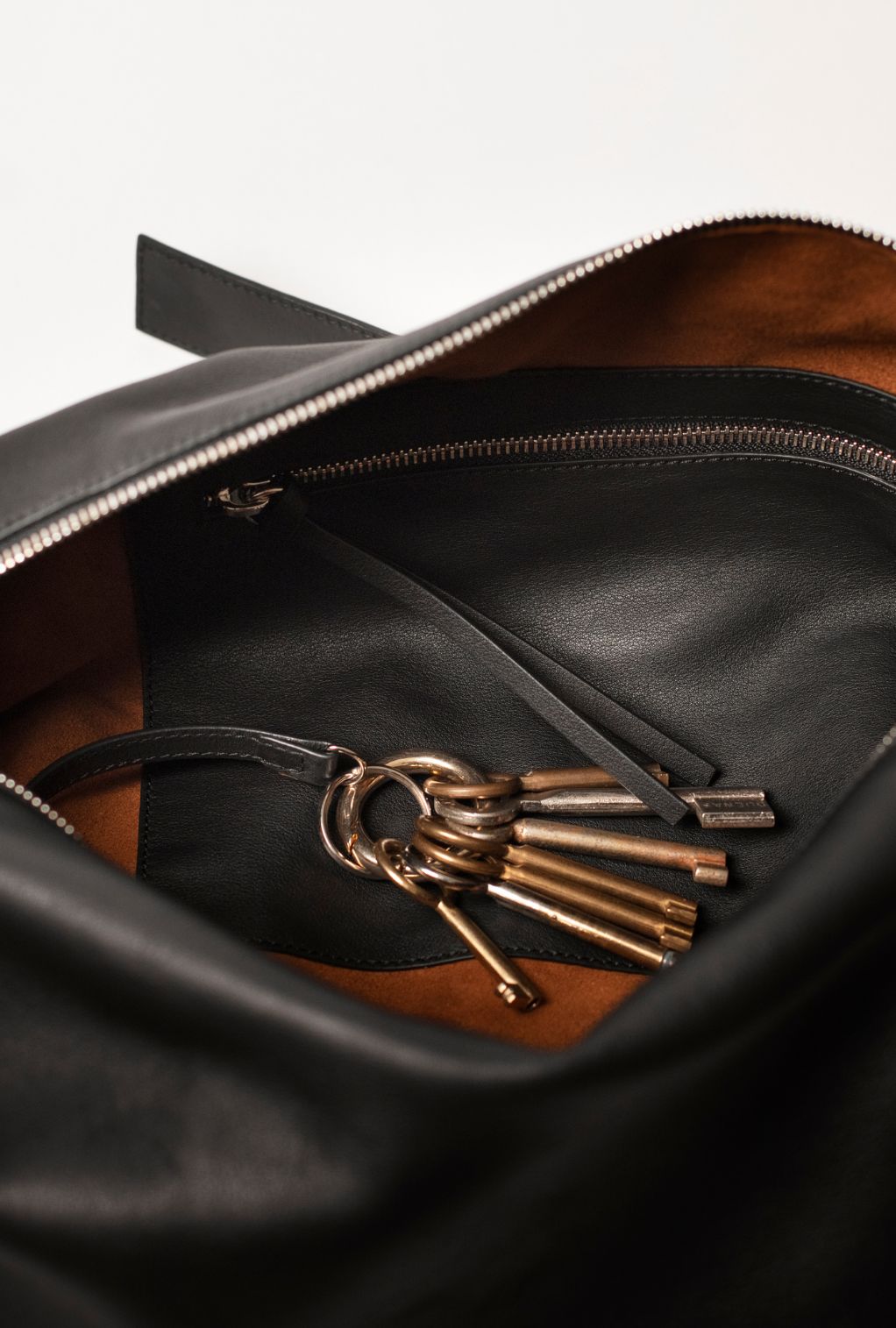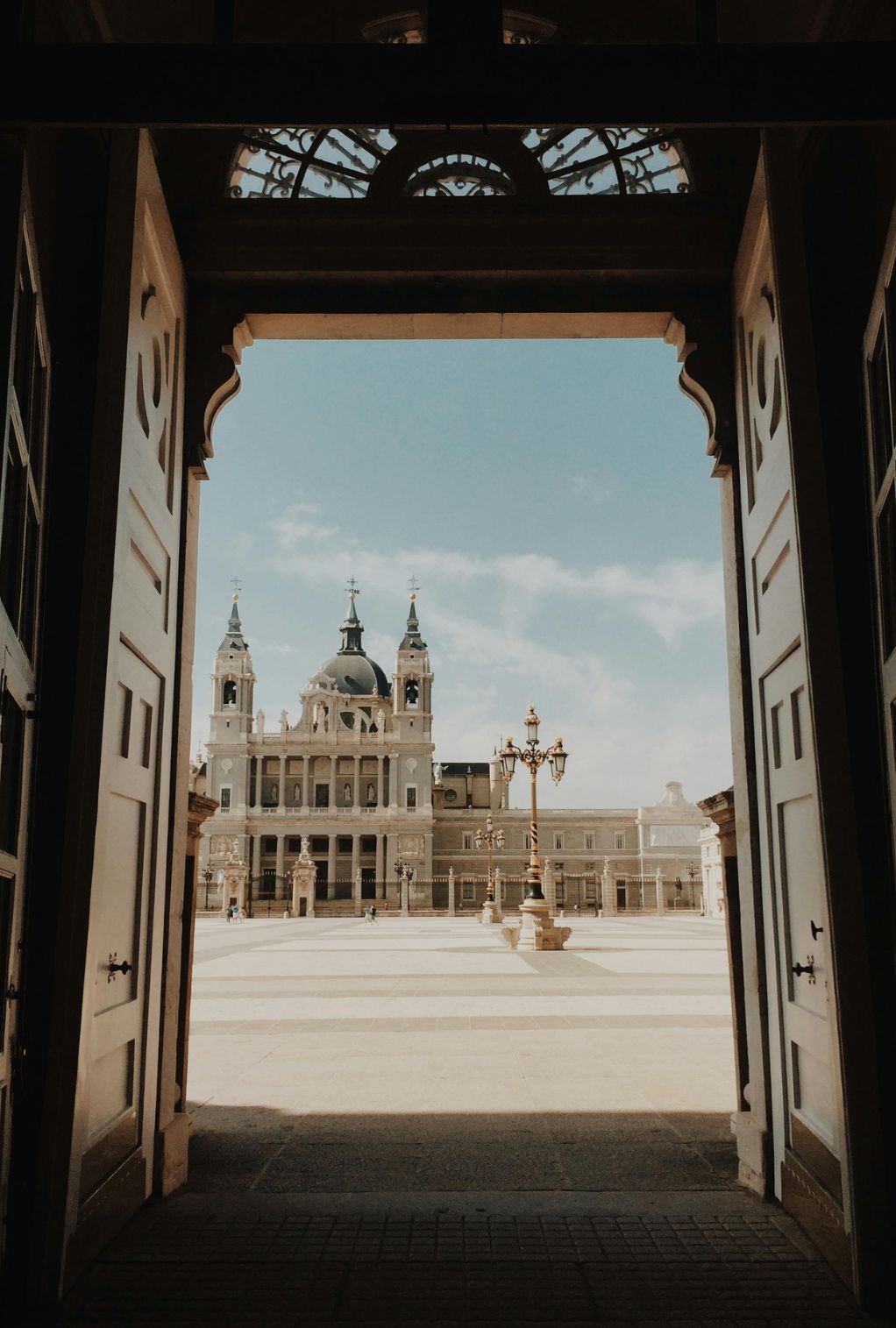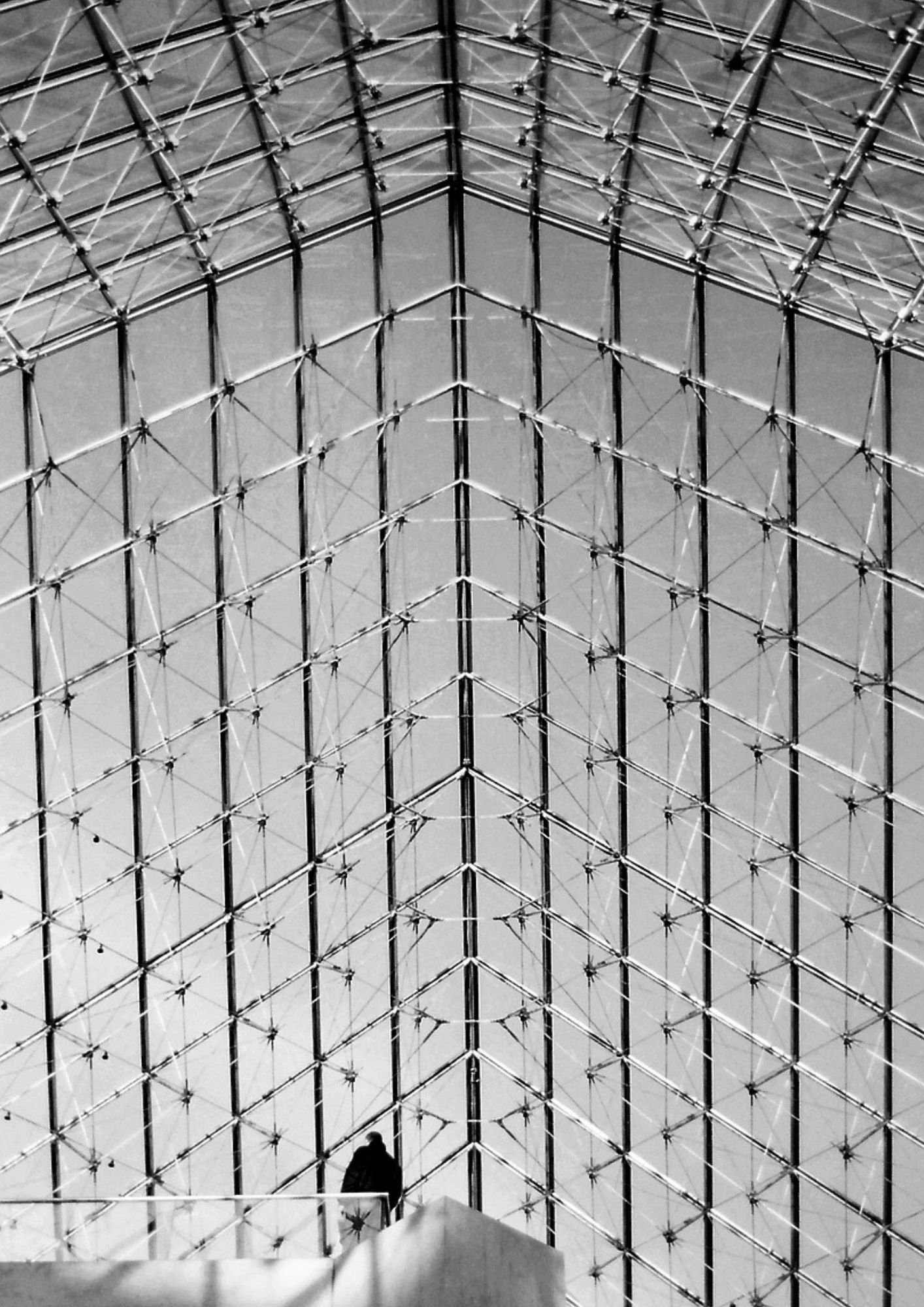
The everyday has blended with garments once reserved for special moments.What used to be measured in likes is now measured in truth.
In coherence. In calm.Fashion houses, long trapped in the logic of the algorithm, have begun to let go.They no longer compete for instant impact — they compete to recover the soul.
For a time, virality was the goal.Everything had to be new, fast, shareable.Energy was everything.But saturation arrived sooner than expected: brands exhausted their own narratives, people grew tired of excess, and luxury — that language that survives every trend — began to turn toward something more honest.
Today, novelty is no longer synonymous with value.
The interest lies in what endures.In Paris, fashion paused to listen to itself again.From Loewe, which continues to look to Spain as a root and not a backdrop, with an almost primitive music and without falling into clichés, to Rick Owens, who reminds us that clothing can also be “tough for tough times.”
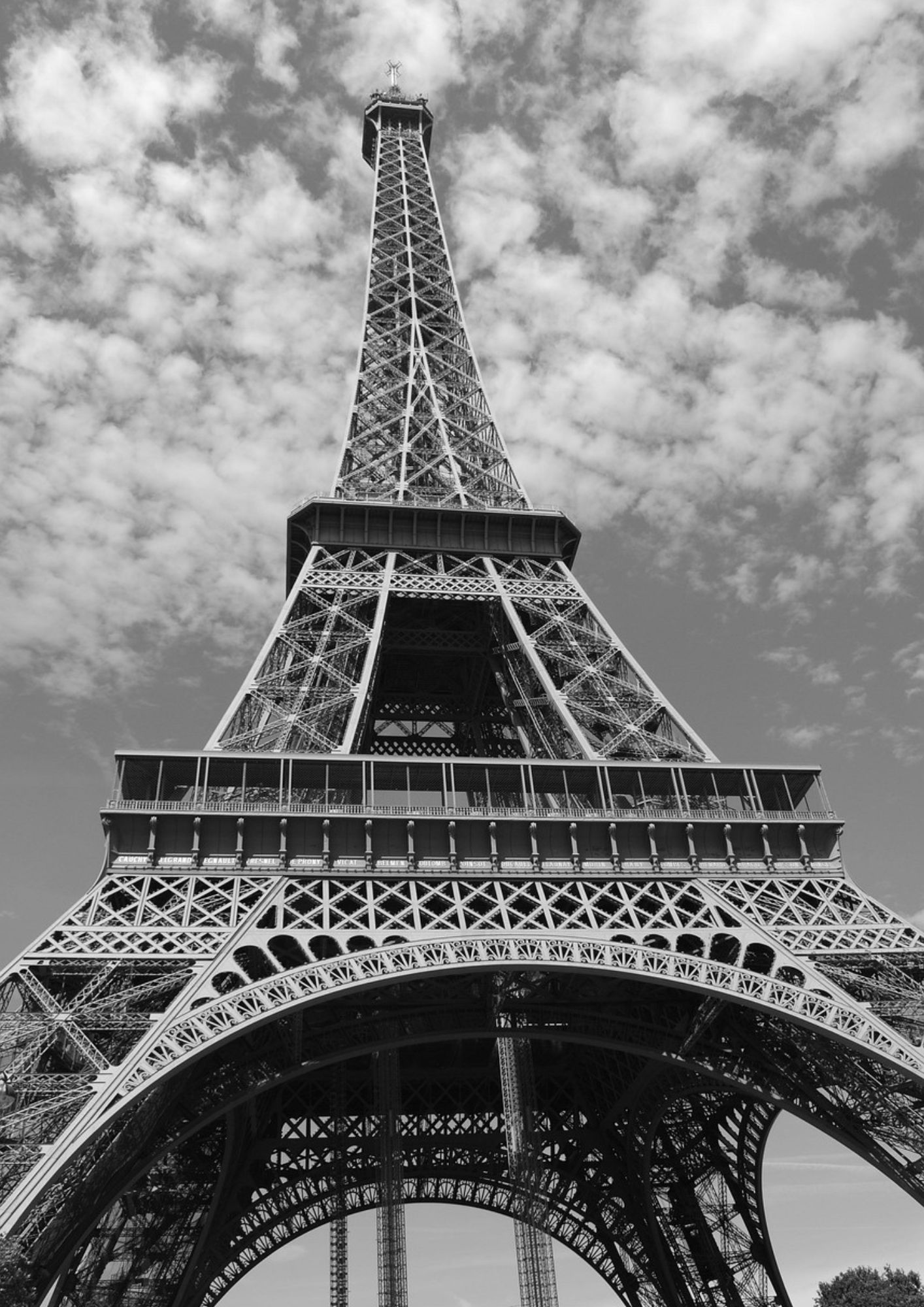
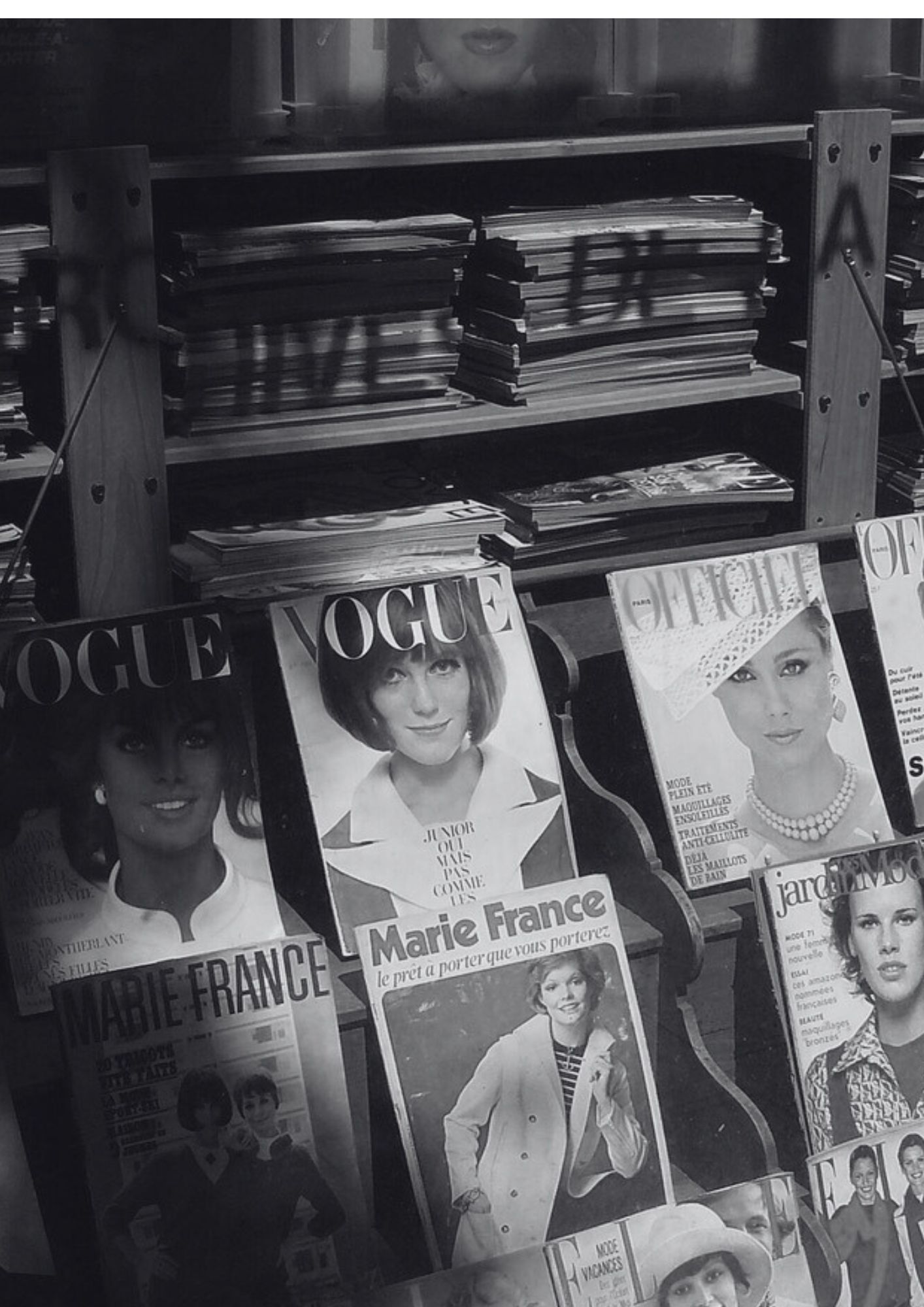
The American duo Proenza Schouler, newly arrived at the Spanish house, understood that it’s not about copying Anderson’s formula, but about continuing a gesture: returning to origin, to craft, to the truth of materials.
In its debut, Loewe didn’t speak of folklore, but of territory — of a Cantabrian Spain: rainy, artisanal. Of nets, leather, sea, and hands. Of bags that are not objects of desire, but symbols of permanence. Like the Amazona, reappearing larger and more alive, reminding us that the classic can be reinvented without losing its soul.
On the other side of Paris, Rick Owens spoke of resistance, of hope. Of dressing to feel, not to show. A kind of spirituality in leather and metal that, far from spectacle, restores the human weight of the creative gesture.
Proenza Schouler understood that identity needs no noise, only coherence. Like Schiaparelli at the Pompidou, reclaiming pause against the culture of infinite scroll. Or Issey Miyake, imagining garments that come to life, challenging human rigidity. Or Vetements, turning provocation into a form of collective belonging.
All of them, from different places, are drawing a new map: one where emotion replaces hype, craftsmanship replaces the algorithm, and purpose replaces spectacle.Dueñas is part of that same rhythm — one that connects what is made at home with a contemporary gaze. Our bags are not meant to be seen by everyone, but to be understood by those who know how to look slowly. Every stitch, every leather, every shape carries something of ritual and something of root.
The act of returning to origin is not conservative — it’s revolutionary. Because in a world that rushes without direction, slowing down is a way of moving forward. Desire is no longer built through excess, but through intention.
Change is not a trend.It is a new way of being in the world.And Dueñas, from Spain, listens to it calmly.
